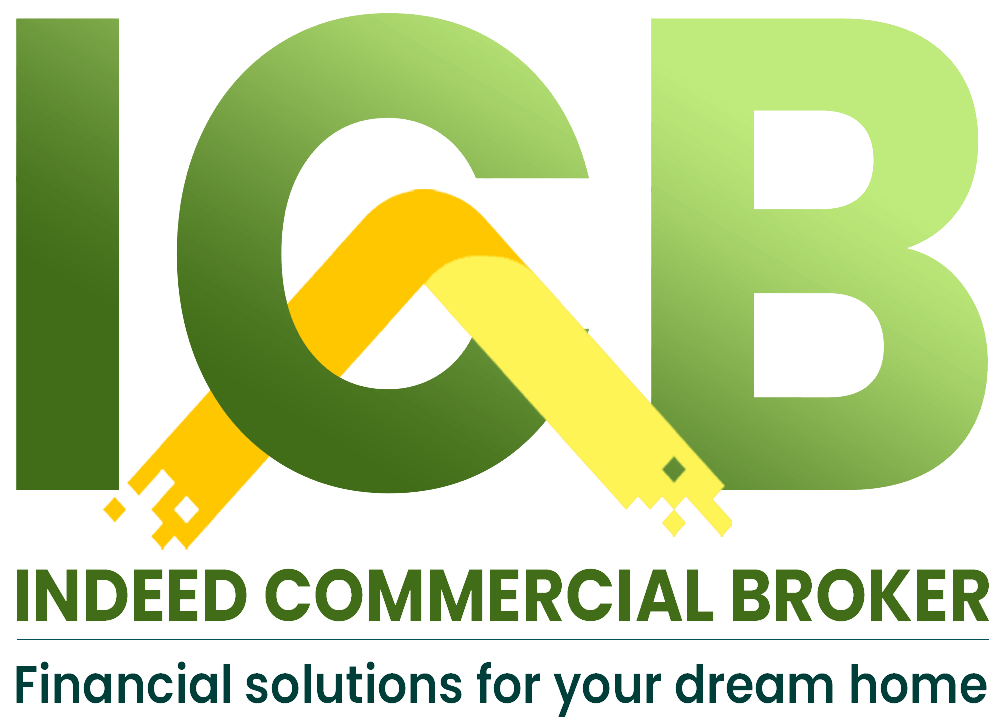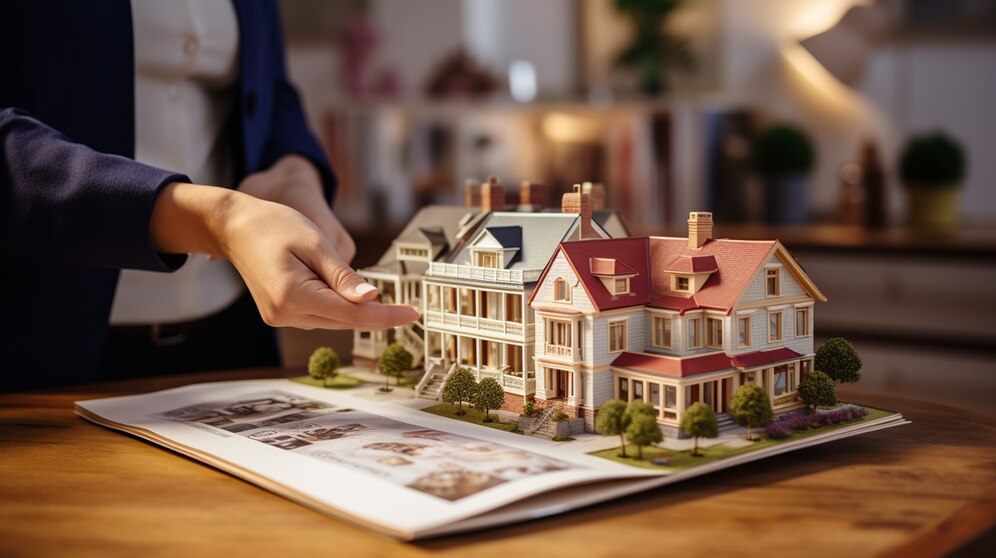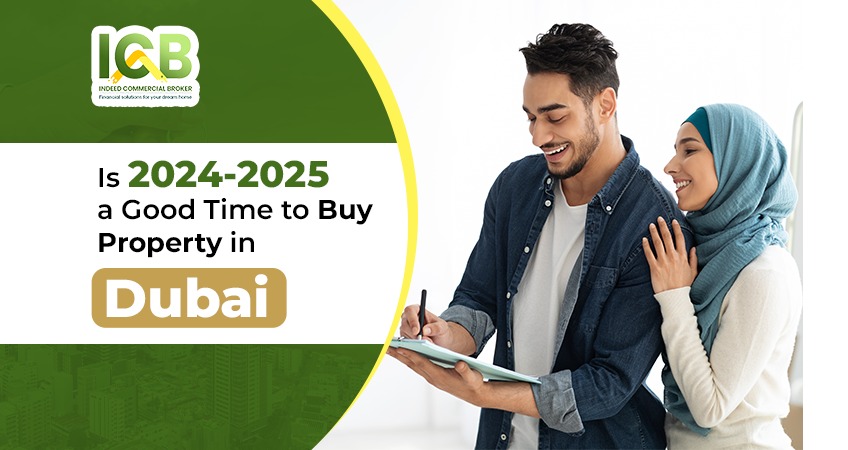A mortgage is a type of loan that is obtained to purchase real estate. Since the loan is secured by the value of your house or land, the lender may force you to sell these assets in order to recoup their losses if you are unable to make your monthly payments. There is usually only one option available to you when looking for a mortgage: the conventional route. Nonetheless, you can notice lenders giving you multiple mortgage services in Islamic nations like the United Arab Emirates. We’ll walk you through Dubai’s two well-known mortgage services in this blog: conventional and Islamic mortgages, as well as the factors that make Islamic home financing in Dubai more appealing.
What Conventional Mortgages Mean
In Dubai and around the world, conventional mortgages are the most prevalent kind, and the majority of banks and financial institutions provide them. Lenders and mortgage lenders charge a certain interest rate on loans made for the purchase of new homes. Conventional mortgages include two components: the principal, or the amount borrowed, and the interest rate. The principal and interest must be paid off within a maximum of 25 years.
Islamic Mortgage Definition
A mortgage that conforms to Shariah law is known as an Islamic mortgage, sometimes known as a Shariah-compliant mortgage. Because charging interest is prohibited by Islamic financial laws, it operates entirely differently. There are various models available for Islamic financing or mortgages, however Ijarah and Murabaha are two of the most commonly used models for Islamic Home Finance in Dubai.
What Makes Them Different?
The general belief is that Islamic Mortgages are better than conventional mortgages as there are no interest rates, and it compels even the non-muslims to buy Islamic Mortgages in Dubai. But before you apply for Islamic Mortgage, let us help you understand what makes it different from a conventional mortgage.
- Purchase & Lease Back Arrangement
- The most significant difference is that the loan is not a debt with Islamic Mortgage. Instead, it is a partnership between the borrower and the lender, sharing the profits or losses of the property. This is helpful when you’re buying a property off-plan, as you don’t have to pay anything until the property completes.
- No Interest Rates or Late Payments
- Another significant difference between an Islamic and conventional mortgage is that there is no interest charged on Islamic loans. Instead, a profit rate is applied, which is calculated based on the value of the property at the time of sale. This is because a loan is supposed to be a helping hand from a person to aid another as a kind gesture of charity and the lender can only expect to receive the amount of money they lent out. The bank or the lender buys the property on your behalf and then resells it to you at a profit. The buyer or the customer then pays back to the bank in monthly installments.
- Shorter Mortgage Terms
- Finally, Islamic mortgages typically have a shorter term than conventional mortgages, with most being repaid over 5-7 years. This is because Shariah law prohibits the lending of money for longer periods.
Conclusion
If you’re considering taking out a mortgage in Dubai, it’s important to compare the different types of mortgages on offer and choose the one that best suits your needs. If you don’t want to pay the interest and can afford to pay back the mortgage amount in 6-7 years, you go for Islamic Home Finance in Dubai. Islam prohibits buying or selling anything that has zero-intrinsic value. And since loans are paying more money to get money and money contains a zero-intrinsic value, you cannot purchase it. Therefore, the Islamic banks only serve the public’s interest and work on making halal economic growth that meets the Sharia laws.




